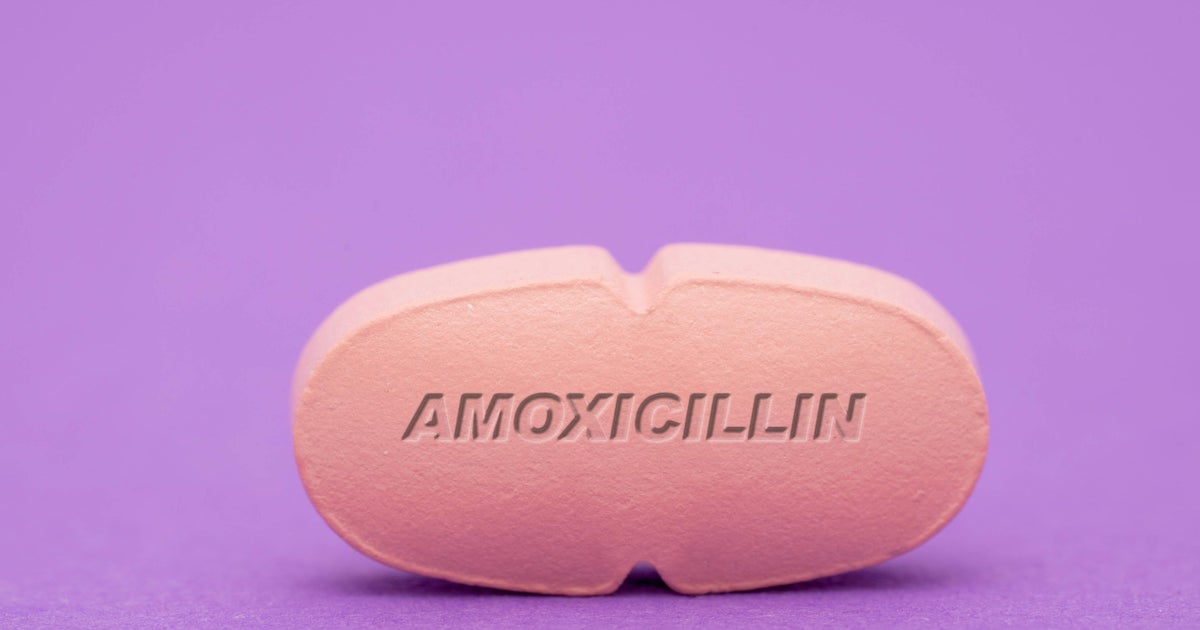Pharmacies across the U.S. are contending with an industrywide shortage of the amoxicillin drug, commonly prescribed to treat a variety of childhood infections, including ailments like ear infections, strep throat and pneumonia.
The supply constraint is hitting drugstores as children head back to school and infections spread.
A spokesperson for pharmacy chain CVS Health said its pharmacy stores are grappling with a nationwide shortage of some forms of the drug.
“There’s an industrywide supplier shortage of certain doses of Amoxicillin and we’re working with manufacturers to replenish supply as quickly as possible,” a CVS spokesperson said in a statement to CBS MoneyWatch.
When the drug is out of stock at a particular location, CVS pharmacy teams are helping patients find amoxicillin at nearby locations, and also working with prescribers to determine suitable alternative drugs for patients.
Walgreens did not immediately reply to a request for comment about the drug shortage.
Finding suitable alternatives
On finding suitable alternatives, it’s important to have conversations with pharmacists and health care providers familiar with the patient’s condition.
The U.S. Food and Drug Administration (FDA) first acknowledged the shortage last fall, adding amoxicillin products to its list of drug shortages in October 2022. The FDA said an increase in demand for the drug was driving the shortage.
Liquid forms of the drug, suitable for children who are too young to swallow pills, are in short supply, according to the FDA’s list. They’re manufactured by Teva Pharmaceuticals and other drug companies.
The American Academy of Pediatrics (AAP) has compiled a list of alternative antibiotic options for common pediatric conditions.
If they’re available, the best alternatives are other forms of amoxicillin, in tablet, capsule or in chewable form, for example.
“Tablets can be split/crushed to mix with any liquid or semisolid, like applesauce. This can be given orally or by tube,” according to the AAP.
Other drugs, ranging from children’s Tylenol to cancer medications, have also been in short supply in the U.S. recently.
A congressional report on the risks of drug shortages in the U.S. identified manufacturing snags and other supply-chain disruptions, strong consumer demand, and even overprescription by doctors as drivers of the shortages.













